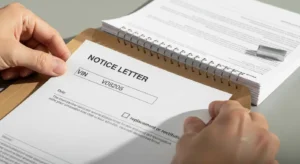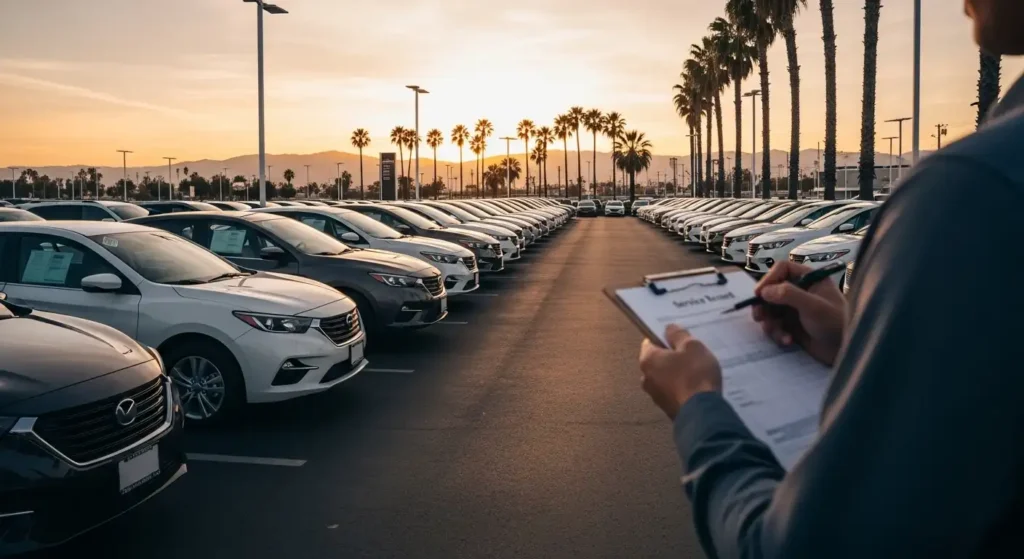California has long had some of the strongest consumer protections in the nation when it comes to defective vehicles. But as of January 1, 2025, a new law—Assembly Bill 1755 (AB 1755)—is changing the rules. These California AB 1755 lemon law changes affect how quickly consumers must act, what steps are required before filing a lawsuit, and what protections are available for used car owners. If you think you may have a “lemon,” understanding these updates is essential.
Overview of AB 1755
 AB 1755 was passed in late 2024 and took effect in early 2025, with some provisions applying from April 1, 2025 onward. The bill makes several key adjustments to the Song-Beverly Consumer Warranty Act, commonly known as California’s Lemon Law. Legislators said the intent was to streamline cases and provide more predictability, but consumer advocates note that the changes place additional burdens on vehicle owners.
AB 1755 was passed in late 2024 and took effect in early 2025, with some provisions applying from April 1, 2025 onward. The bill makes several key adjustments to the Song-Beverly Consumer Warranty Act, commonly known as California’s Lemon Law. Legislators said the intent was to streamline cases and provide more predictability, but consumer advocates note that the changes place additional burdens on vehicle owners.
Key Changes Under AB 1755
- Pre-Suit Notice: Before filing a lawsuit, consumers must now send written notice to the manufacturer. This notice must include the VIN, repair history, and a specific request for either replacement or restitution. This rule applies starting April 1, 2025.
- Faster Litigation Timelines: If a manufacturer “opts in” to AB 1755 procedures, strict deadlines apply. Discovery, depositions, and mediation are all required within six months of the manufacturer filing an answer.
- Shorter Statute of Limitations: A lawsuit must be filed within one year after the warranty expires, and no later than six years after the car’s delivery. This limits the timeframe for taking action.
- Reduced Protections for Used Cars: One of the most controversial aspects is the removal or limitation of protections for used vehicles, leaving many second-hand buyers with fewer remedies.
What This Means for Consumers
For car buyers in California, the implications are significant:
- Act quickly: Waiting until after your warranty expires could be risky. With the one-year post-warranty rule, time is now more limited than before.
- Keep detailed records: Because pre-suit notice is required, you must provide full repair history and VIN details. Missing documentation could delay or derail a claim.
- Used car buyers are vulnerable: Those who purchase used vehicles may no longer have access to certain remedies if defects appear.
- Choose an experienced attorney: AB 1755 creates procedural pitfalls that require careful navigation. Legal support early in the process can be crucial.
Criticism and Concerns
AB 1755 has sparked debate among consumer advocates, attorneys, and auto manufacturers. Supporters say it creates efficiency and reduces backlog in courts. Critics argue it gives manufacturers an advantage by tightening deadlines and removing protections for some buyers. Advocacy groups warn that many consumers could lose their rights simply because they did not act fast enough or understand the new notice requirements.
Before vs After AB 1755
| Provision | Before 2025 | After AB 1755 |
|---|---|---|
| Pre-suit notice | Not required | Mandatory with VIN, repair history, and request |
| Deadline after warranty expiration | More flexible | One year after warranty ends, max six years from delivery |
| Used car protections | Broader rights for owners | Limited or removed under new law |
| Case timelines | Varied by case | Stricter, six-month resolution if manufacturer opts in |
Steps to Take if You Have a Lemon
 If you believe your car qualifies as a lemon under California law, here’s how to proceed in light of AB 1755:
If you believe your car qualifies as a lemon under California law, here’s how to proceed in light of AB 1755:
- Document everything: Save repair invoices, warranty paperwork, and communications with the dealer or manufacturer.
- Send written notice: Include all required details (VIN, repair history, and your requested remedy) before filing a lawsuit.
- Check your deadlines: Mark your warranty expiration and note the one-year rule. Do not wait until the last moment.
- Consult an attorney: An experienced lemon law lawyer can help you comply with AB 1755 procedures and preserve your claim.
Internal Resources on Lemon-Law.net
Conclusion
The California AB 1755 lemon law changes are some of the most significant consumer law updates in recent years. They create new hurdles for consumers, especially those who own used cars, but they also underscore the importance of acting promptly and keeping accurate records. If you suspect your vehicle is a lemon, do not delay—your rights now come with tighter deadlines and stricter requirements.
To protect yourself under AB 1755, speak with a qualified California lemon law attorney who understands the new procedures and can guide you step by step.
